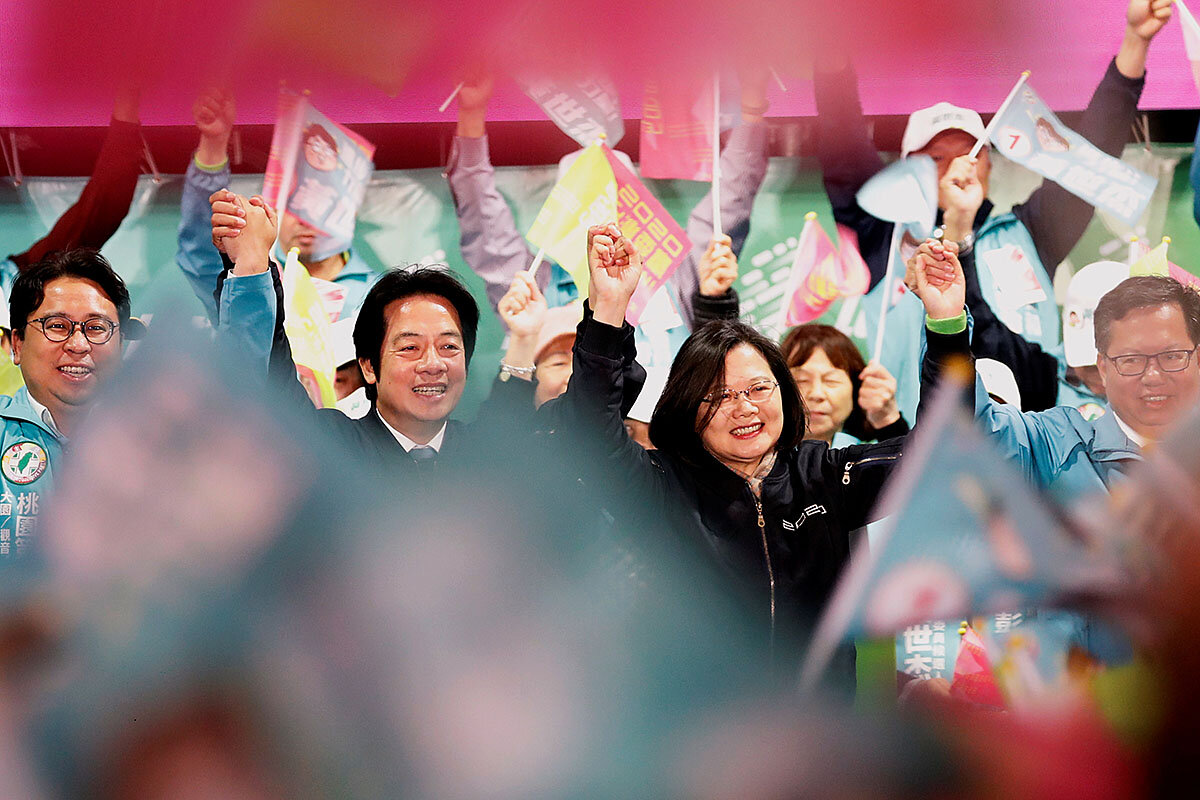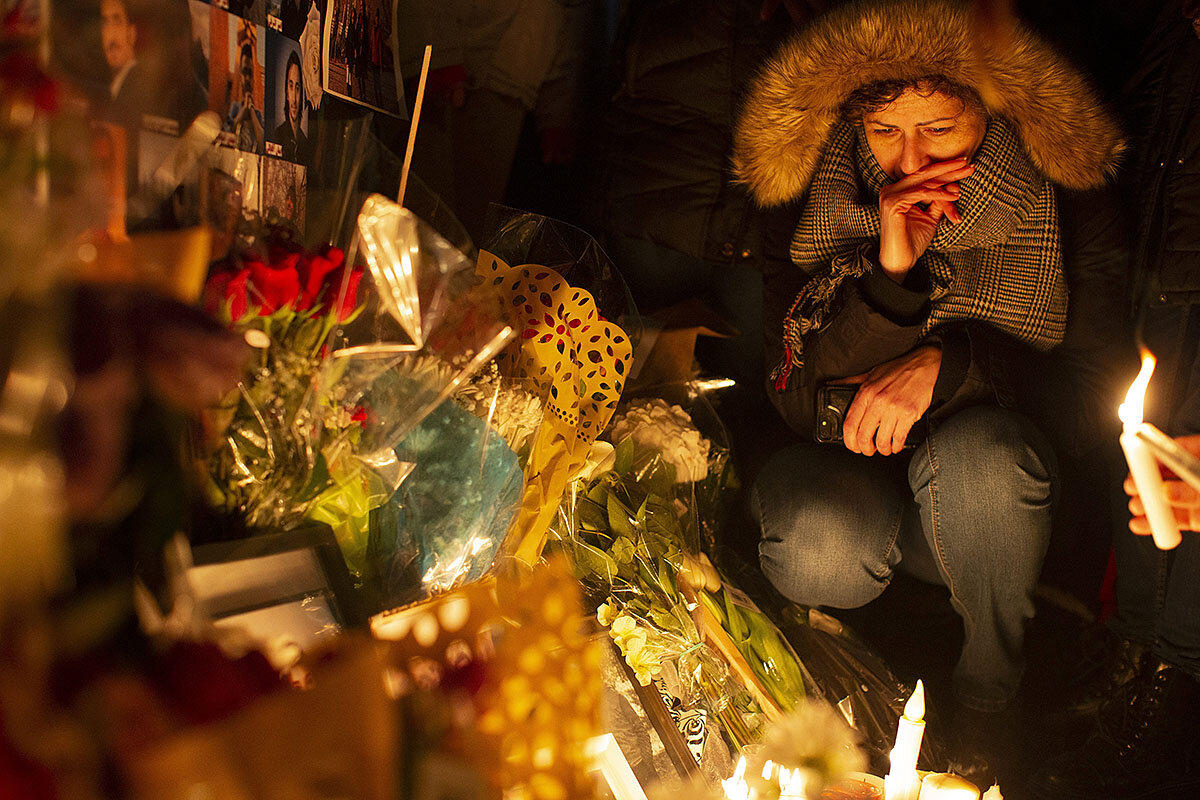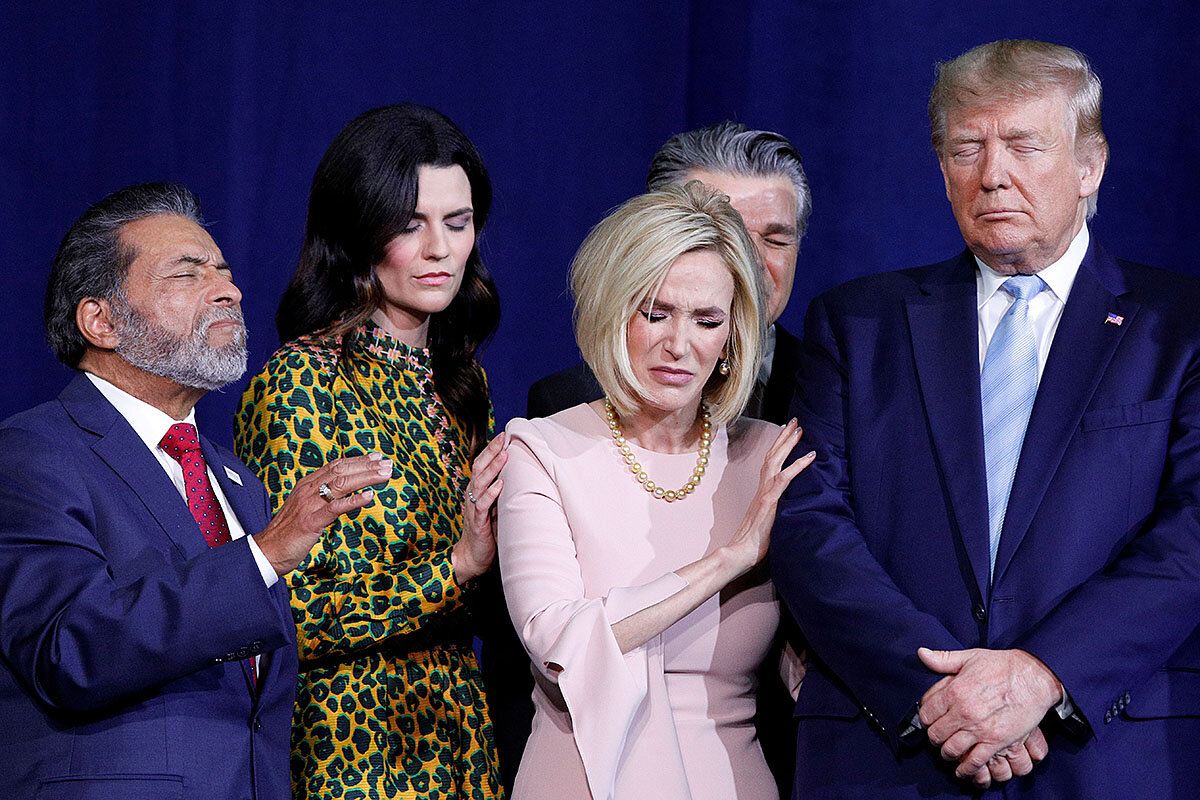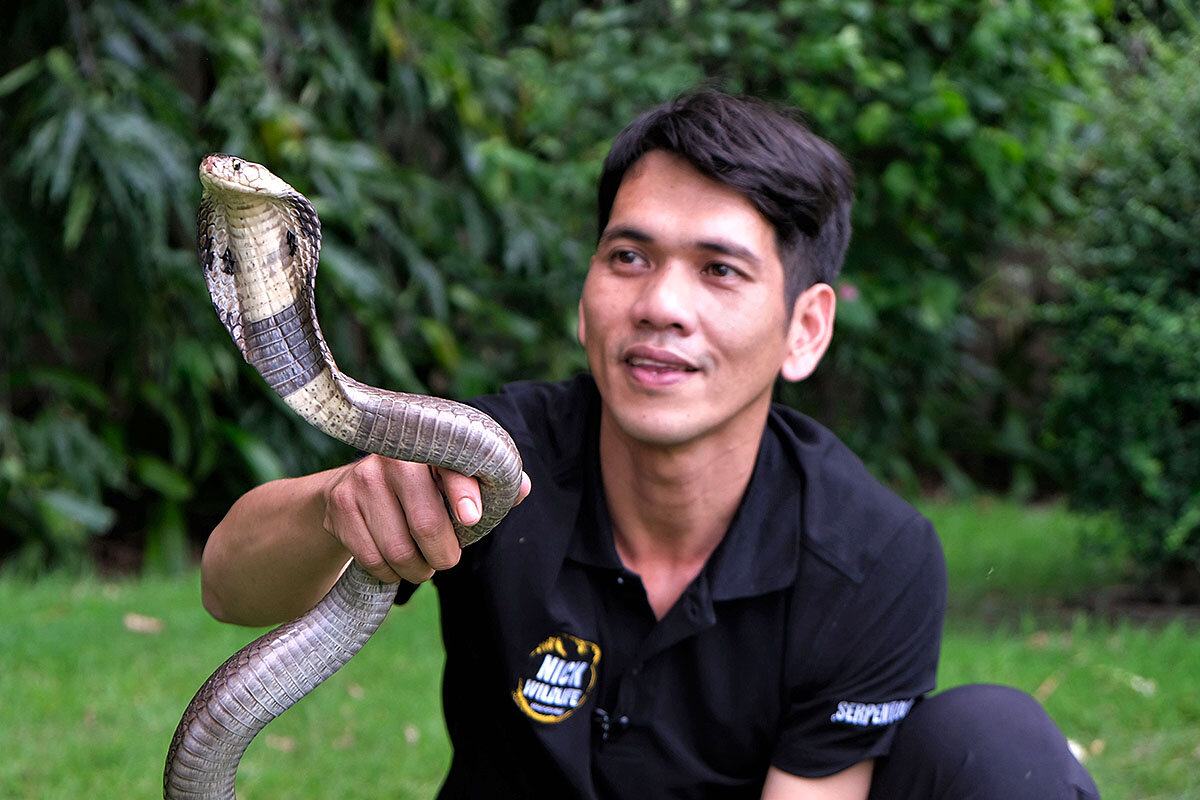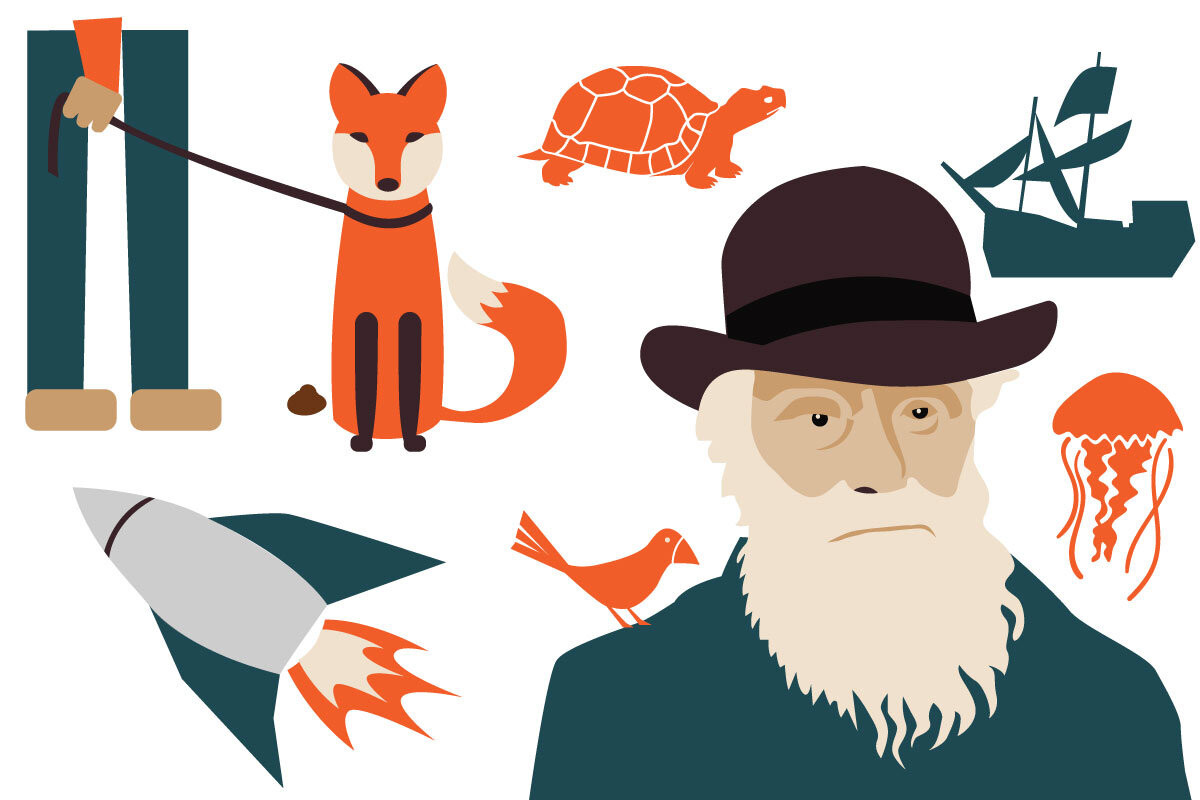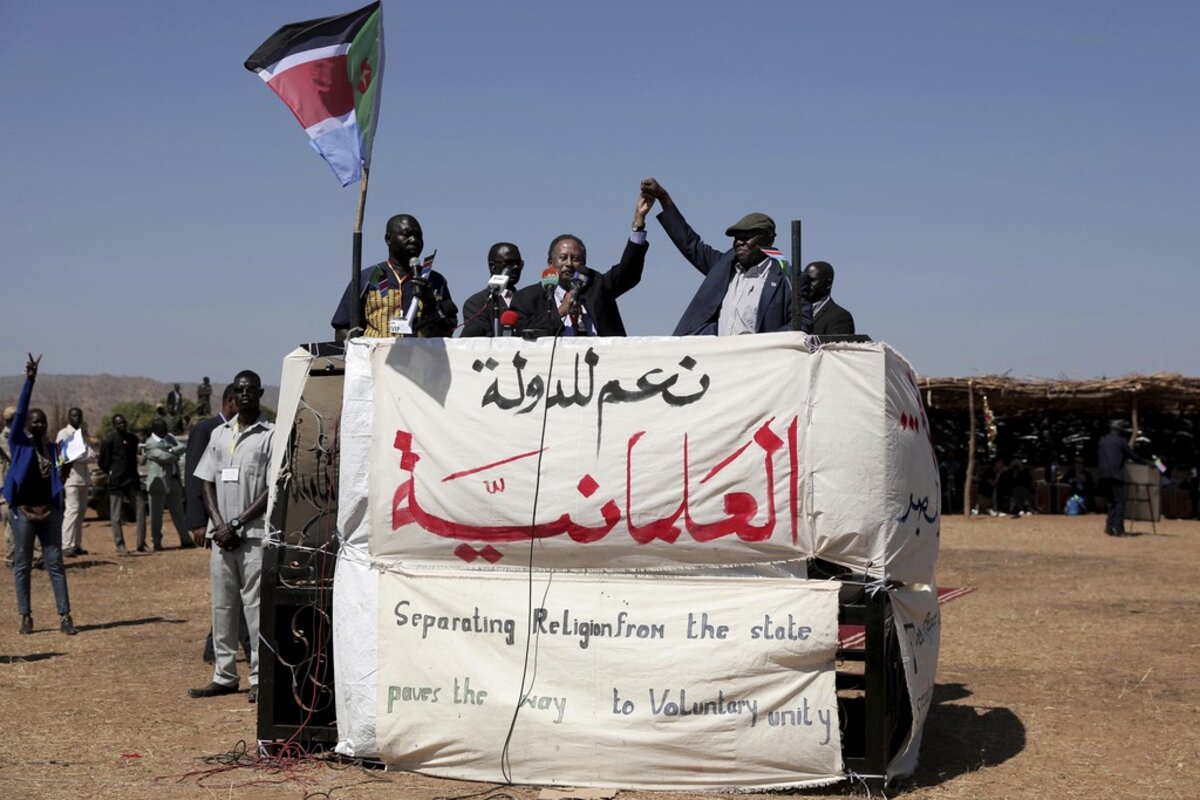Beijing has banked on increasing pressure tactics to push unification with Taiwan. But as the Chinese-speaking island intently watches another – Hong Kong – many see a stark cautionary tale for their democracy.
Monitor Daily Podcast
- Follow us:
- Apple Podcasts
- Spotify
- RSS Feed
- Download
 Peter Grier
Peter Grier
Today’s five stories include an evaluation of what Saturday’s election means for Taiwan, a story on the impact of the airliner crash in Iran on Canada’s immigrant Iranian community, a deep look at America’s political tribalism, a profile of a would-be Steve Irwin who wants to save Thailand’s snakes, and a roundup of kids' books to inspire the budding scientist in your house.
Prince Charles seemed pleasant, but wary. He eyed the British reporters climbing into the trees.
It was a raw spring day in 1981 and His Royal Highness the Prince of Wales, Duke of Cornwall, Duke of Rothesay, Lord of the Isles, etc. etc., was touring Colonial Williamsburg, Virginia. He was on the last leg of a four-day swing through the states.
For myself and a British-born fellow Monitor reporter, Stephen Webbe, it was a chance to get out of the office and write a light feature about a royal who’d recently announced his engagement to young Diana Spencer.
For the royal press pack it was something else. What followed was a mild illustration of the sort of behavior that Prince Harry and his wife, Meghan, cite as a big reason why they’re going to “step back” from royal duties and spend time in North America.
As Prince Charles stood on the Williamsburg field, the U.S. reporters present swarmed toward the rope line, waving their notebooks and shouting two-part questions, as if it were a White House press conference, but outdoors.
The Brits whipped out step stools and ladders and swung them against a line of cherry trees, swarming upward as if they were attacking a castle. Their big news? Charles had reportedly just developed a bald spot, and they were desperate for photographic proof.
Prince Charles ducked back into an embassy limo. The press appearance was over.
Prince Harry and his family have suffered worse. Diana, his mother, was killed in a car crash as she fled paparazzi. And coverage of his biracial wife has been insensitive and at times even racist. Can they hide from it in Canada, or L.A.? Maybe to a point – but tabloids have travel budgets, and “Megxit” will remain an irresistible U.K. story.




